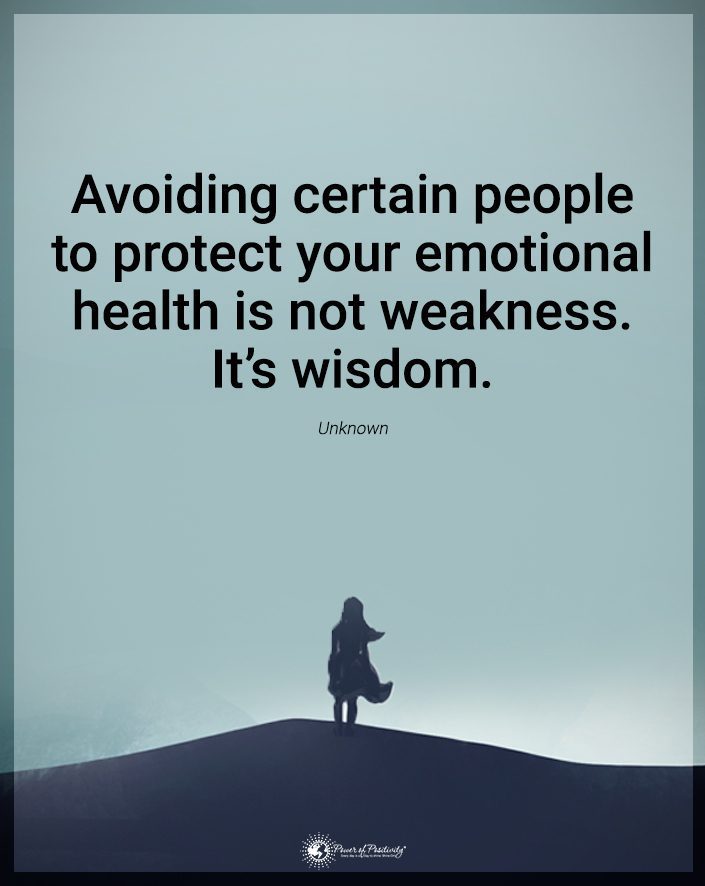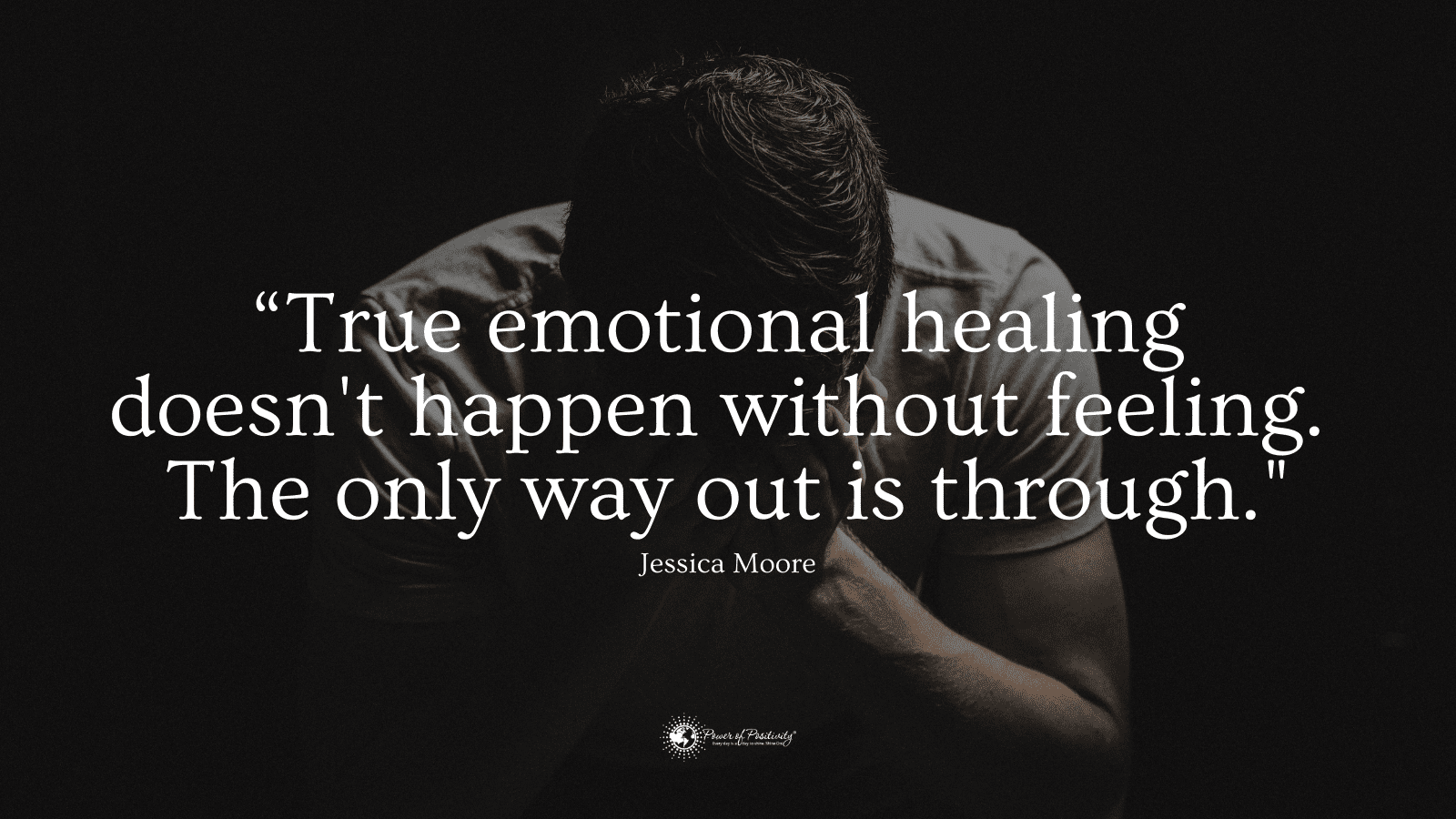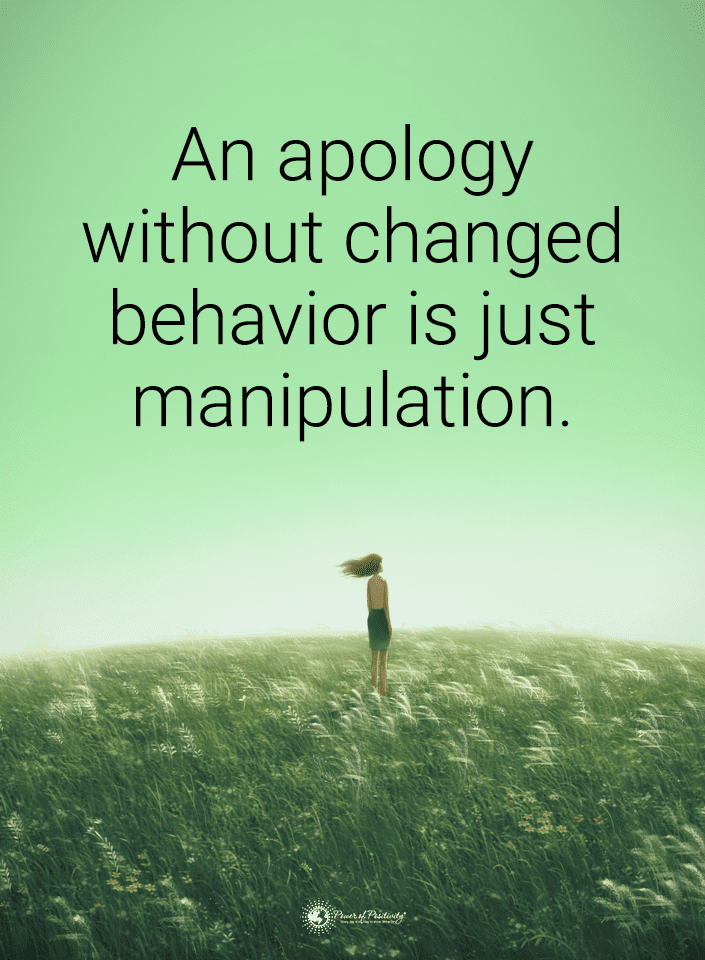If you’ve ever met someone in an unhappy marriage, you may wonder why they stick around. Or, perhaps you’ve experienced dissatisfaction with married life yourself and know the reasons firsthand. Typically, couples want to honor their marriage vows and feel torn when getting a divorce. Sometimes, leaving a committed relationship can seem worse than the anguish of staying with your partner.
Of course, most people desire a healthy, fulfilling relationship well into their golden years. No one wants an unhappy marriage, but unfortunately, life isn’t always smooth sailing.
Problems and disagreements inevitably arise, and some couples find they aren’t compatible. They may decide to dissolve their marriage or tough it out despite the glaring issues or incompatibilities.
6 Common Reasons People Stay in An Unhappy Marriage
Below, we’ll go over the main reasons people report staying in unsatisfying relationships.
1. Investment of Time.
Many couples decide to remain in an unhappy marriage if they’ve invested many years into the relationship. They probably feel pretty comfortable in the relationship if they’ve been together for a decade or more. They may not want to risk a divorce, even if they don’t necessarily feel happy in the marriage.
Perhaps the couple would rather stay married unhappily than look back at their relationship as wasted time. Called the sunk cost fallacy in the business world, it can also apply to marriage.
This theory states that the more resources and time one invests into something, the more one will continue investing in it. Studies show that couples would stay in an unhappy marriage the more money, time, and effort had been invested in the relationship.
In that case, they might think being single would pose even more problems. They would have to start over from scratch and take on all the adult responsibilities alone. Some people see marriage as the better, safer option, especially if they have much to lose.
2. They Still Have Feelings For Their Partner.
Even if a partner feels stuck in an unhappy marriage, they may still have feelings for their spouse. Those deep feelings don’t just disappear no matter how much the couple has drifted apart. People may also stay in toxic relationships because they don’t want to hurt their partners. They may realize the relationship no longer works but can’t bring themselves to leave.
They can’t live with them but can’t live without them. The saying observes how love is blind; perhaps that universal sentiment keeps many people in unhappy marriages.
3. Financial Concerns.
Living costs a pretty penny today, and divorce only adds more stress to rising prices. Many people can’t afford to get divorced and have no choice but to stay in an unhappy marriage. Divorce costs increase considerably if couples can’t agree on how to split resources. So, they may decide it’s too complicated and time-consuming to end their marriage.
Their partner may have left full-time work to raise children or care for the home. In this case, they would have no resources to start over independently. They might have to earn another degree or take a low-paying job to make ends meet. This puts them at a severe disadvantage in the workforce, especially if they’ve been out of work.
Some studies have found that people might stay in an unhappy marriage for their partner’s sake. For example, if their partner depends on them for financial stability, their chances of filing for divorce decrease. While they no longer feel content with their partner, they can’t bear to see them struggling to survive.
4. They Have Kids Together.
Having kids together makes the prospect of divorce much less appealing. In this case, ending a marriage affects the whole family and can lifelong impact a child’s emotional health. Some people stay together for the kids because they know children need stability to thrive. However, some research shows that children fare better if their parents leave an unhappy marriage.
Divorce does have detrimental impacts on children, but they will heal as time goes on. However, keeping children in a stressful, unstable environment causes even more significant problems for their mental health. In this case, having joint custody of the children would probably benefit everyone equally. But, the couple must decide what’s best for their family.
5. They Fear Backlash From Friends or Family.
A terminated marriage can create tension in even the most tight-knit families, especially if their religion or culture looks down on divorce. Sometimes, people remain in unhappy marriages to avoid backlash from their family or peers.
They may not want to deal with the humiliation or drama of divorce. The couple may also have mutual friends and not want to lose them by breaking up.
In most cases, a failed marriage affects the extended family, and couples usually consider this when discussing divorce. Collectivist cultures may even shun couples who get divorced, making them more likely to remain in unhappy marriages.
However, studies have shown that staying in toxic relationships can reduce well-being even more than being single. In other words, your health should leave dysfunctional relationships, even if your family disagrees.
6. They Believe Things Will Improve.
Finally, people may decide to stay together despite unhappiness if they have hope for the future. Perhaps they’ve convinced themselves that somehow, their partner will change, and they will eventually feel satisfied. They might even ignore any issues, reasoning that they can enjoy the good parts of the marriage instead.
Final Thoughts on Why People Remain in Unhappy Marriages
People stay in dysfunctional relationships for many reasons, usually due to finances, time invested, and fear of change. No matter how toxic the marriage, they may prefer familiarity rather than starting over with someone new. They may have children together and not want to burden them with a divorce.
However, most studies show that couples and children fare better after an unhealthy marriage ends. If couples can’t resolve their differences, it’s usually best for everyone involved to move on amicably.

















 Community
Community

